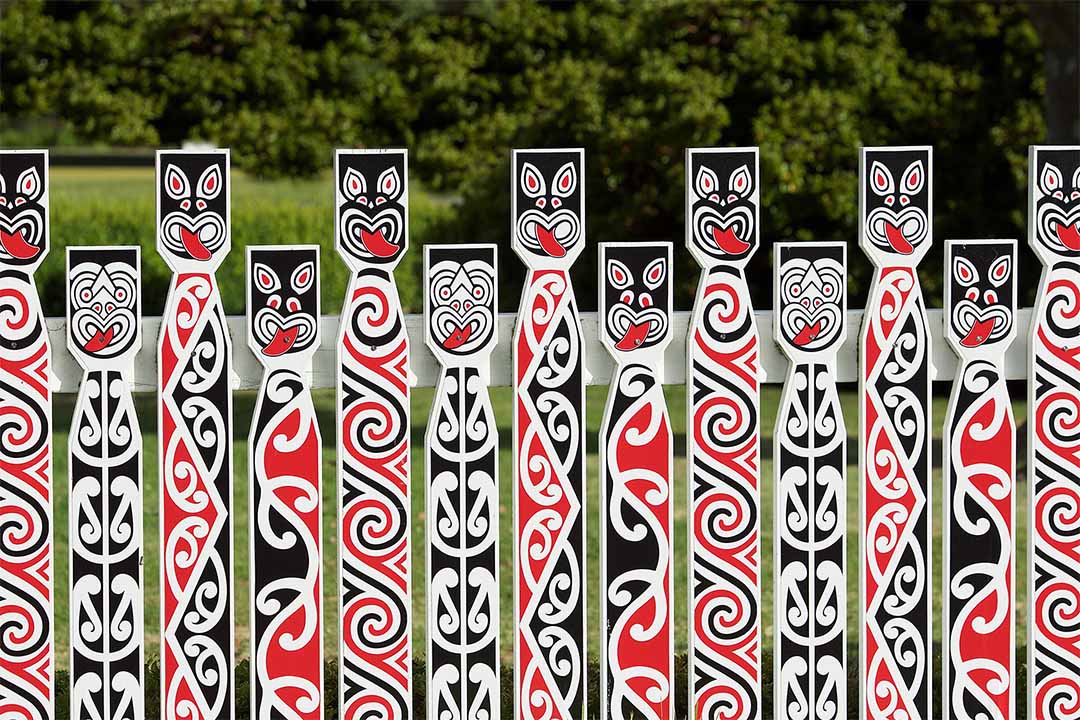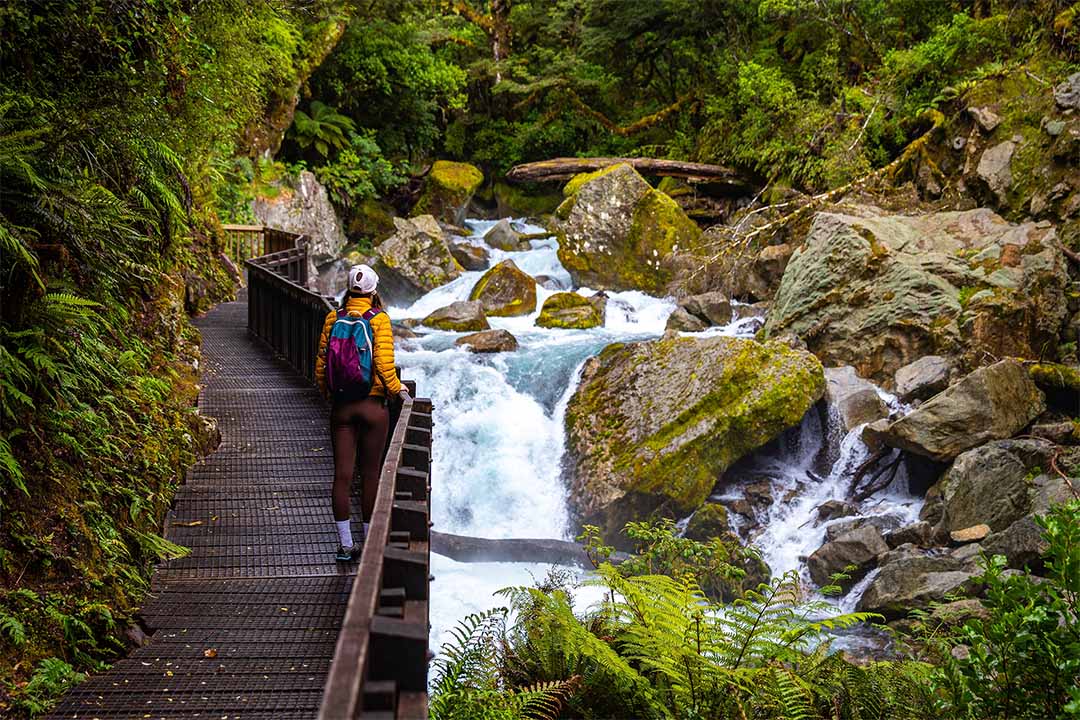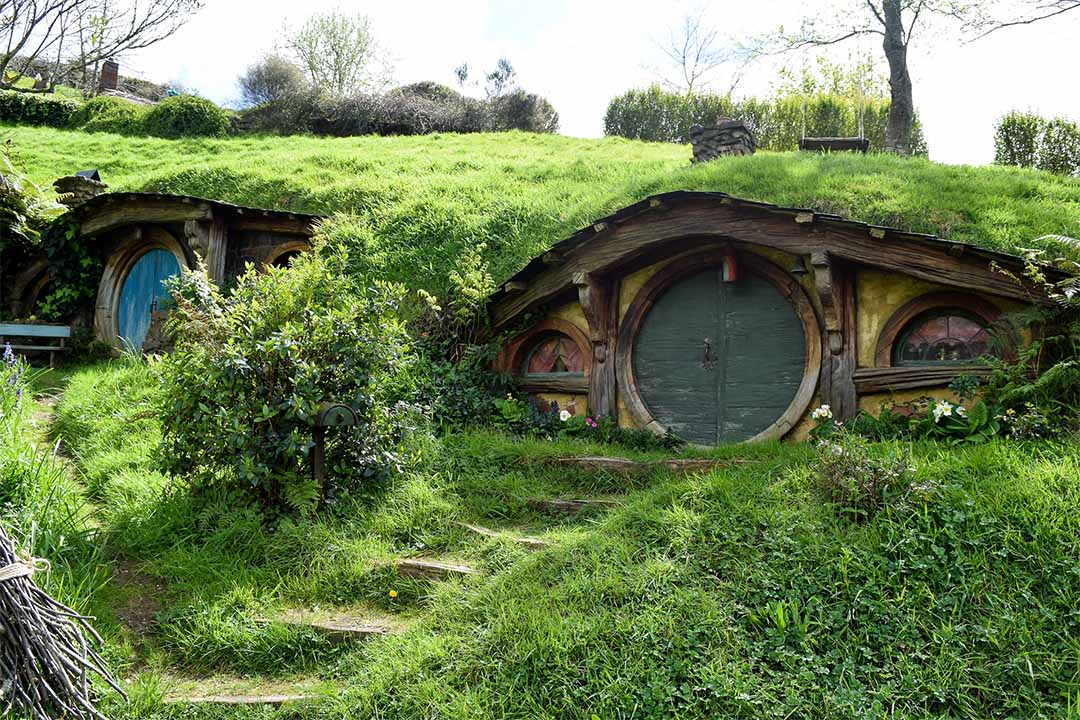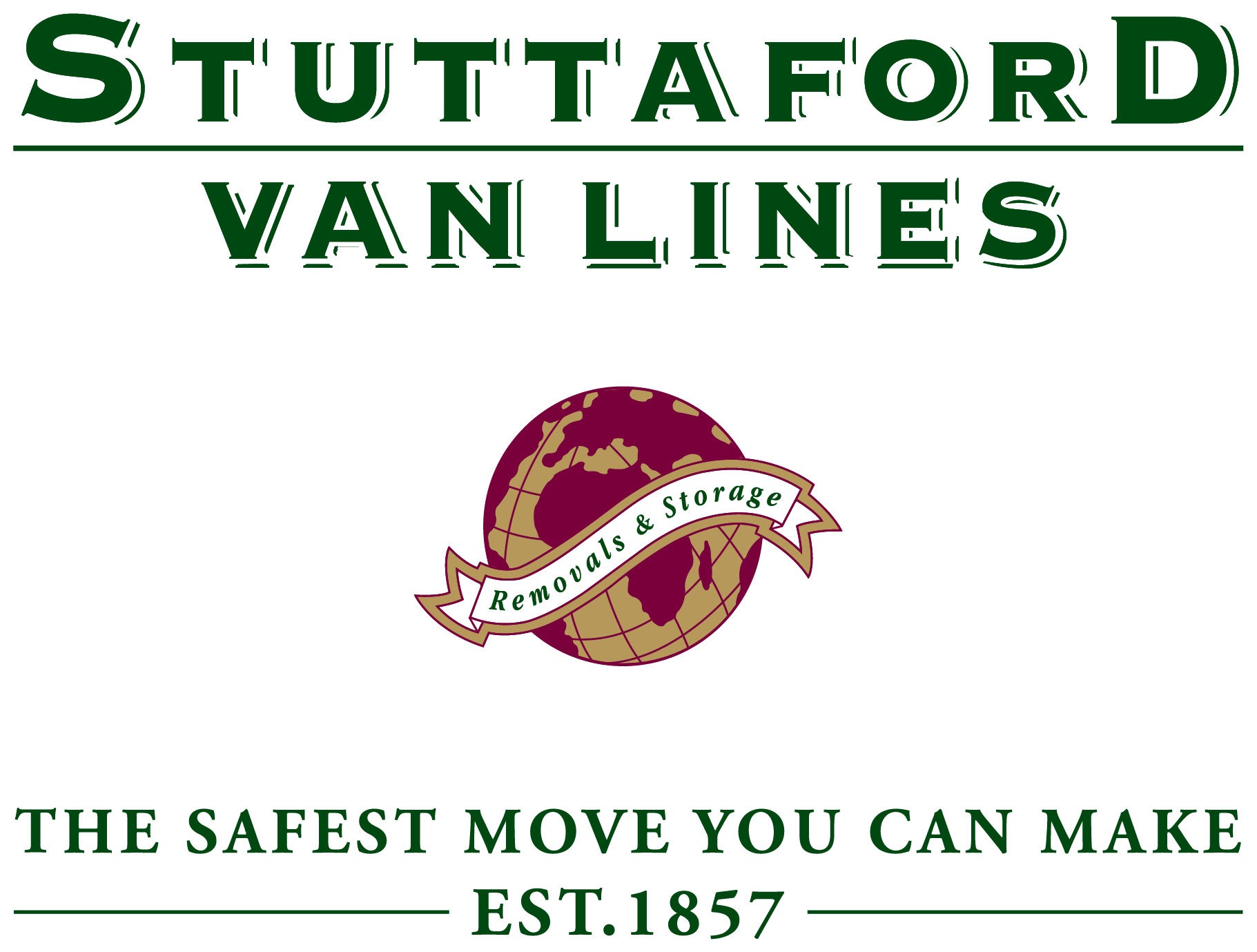Kiwi culture: What to expect when moving from South Africa to New Zealand
Moving from vibrant Mzansi to the lush, rolling hills of New Zealand is more than just a change of scenery—it’s an adventure into a new world of cultural experiences. While both countries have English as their main language and share a passion for rugby, there’s much to discover in the subtle differences that shape Kiwi daily life.
The lifestyle: moving to New Zealand from South Africa
One of the first things you’ll notice about the New Zealand lifestyle is its relaxed pace. Kiwis take pride in their laid-back approach, taking care to balance a good day’s work with relaxation and personal well-being. This slower pace offers a refreshing change that many expats grow to love when moving to New Zealand. Newcomers also comment on the sense of community. Although New Zealand is similar in size to KwaZulu Natal, it has less than half the number of inhabitants (5 million), so you won’t be as anonymous as you would be in a more densely populated country. Local events, community gatherings, and neighbourhood get-togethers are common. Engaging in these activities provides a great way to integrate into your new environment.
Māori culture
The Māori are the indigenous people of New Zealand. They arrived in New Zealand, known in Māori as Aotearoa (the Land of the Long White Cloud), over a thousand years ago from Polynesia. Today, Māori culture is socially, culturally, and spiritually integral to daily life. With its rich and unique traditions, it influences everything, from the cuisine and the architecture to local customs. Every Springbok fan knows the haka, for example, that unnerving war dance the All Blacks rugby team perform before a match.
Māori symbols, such as the kiwi bird, the koru (a fern frond), and the totara tree, are also widely used in national branding and imagery. This means that understanding and respecting Māori culture is an essential part of living in New Zealand. It adds depth to the national identity and enhances the rich, multicultural fabric of the country.

Languages spoken in New Zealand
New Zealand has three official languages: English, Te Reo Māori, and New Zealand Sign Language. English is the predominant language, but a basic understanding of Māori expressions and customs can speed up your integration because you’ll hear them often in daily conversation. Efforts to revive the Māori language have seen it being taught in schools and used in media and public signage, making is a crucial tool in cultural preservation.
New Zealand’s work culture
New Zealand’s work culture emphasises a healthy work-life balance, with flexible working hours and supportive employer policies. The environment is typically collaborative, with a focus on open communication and teamwork. Leadership styles are inclusive, valuing input from all team members. Professionalism is expected, but the atmosphere is generally informal, and hierarchies are less rigid compared to other countries. This creates a sense of mutual respect and encourages innovation. Emphasis is placed on delivering quality work and maintaining a positive workplace culture.
For job hunters moving to New Zealand, here are the industries experiencing a strong demand for skilled workers:
- Technology Sector: software development, cybersecurity, and artificial intelligence
- Agriculture and Horticulture: sustainable farming practices and agri-tech innovations
- Construction and Infrastructure: driven by increased urban development and housing needs, the need for skilled builders, engineers, and project managers is on the rise.
- Healthcare and Aged Care: reflecting the growing and aging population.
- Other Key Areas: education, tourism, renewable energy

Overall, the work environment in New Zealand is designed to maximise both productivity and job satisfaction, making it an attractive destination for international professionals relocating from around the world.
Housing and accommodation
As a South African, you might find the rental market in New Zealand more competitive than what you’re used to. This is especially true in major cities like Auckland and Wellington where housing is in short supply. Start your search early and consider enlisting the help of a local real estate agent. Websites like Trade Me and Realestate.co.nz can assist you in finding rental properties.
Just like South Africa, buying property in New Zealand involves several steps, including securing financing, making an offer, and going through the conveyancing stage. Unlike South Africa, where transfer duty is calculated according to a sliding scale, the transfer duty in New Zealand is fixed at below 2% of the property value, with slight variations per region.
Working with a qualified real estate professional can help you navigate this process smoothly.
Safety in New Zealand
One of the most significant differences you’ll encounter between South Africa and New Zealand is the overall sense of security. New Zealand consistently ranks among the safest countries in the world, thanks to its low crime rate and peaceful environment. Kiwis enjoy a lifestyle where concerns about personal safety are minimal, allowing for greater personal freedom and peace of mind.
You’ll find that it’s common for people to leave their doors unlocked, walk freely in their neighbourhoods at any time of day or night, and let children play outside without constant supervision. Public transport and city centres are safe and accessible, making it easier to explore and enjoy your new surroundings. While it might take you some time to adjust to this new level of safety, it can significantly enhance your overall quality of life as you settle into the Kiwi lifestyle.
Outdoor activities and natural beauty in NZ
New Zealand is a dream for outdoor enthusiasts. From hiking and skiing to water sports, the options are endless. The country boasts numerous trails for hiking, known locally as ‘tramping’, offering stunning views and varying levels of difficulty. If you’re into skiing, the South Island has several world-class ski resorts. For those who love the water, activities like kayaking, sailing, and surfing are readily available. With 13 national parks covering over 30,000 square kilometres, New Zealand has no shortage of breathtaking views. Must-visit spots include Fiordland National Park, Tongariro National Park, and Abel Tasman National Park. Each offers unique experiences, from dramatic fjords and volcanic terrain to lush flora and unique fauna, including the Kiwi bird, Hector’s dolphins, and the Kea parrot.
Food and cuisine
New Zealand’s cuisine reflects its agricultural abundance and multicultural influences. The Kiwi diet features a variety of fresh seafood, lamb, and locally grown fruits and vegetables. You’ll find familiar staples like meat pies and sausages, although it’s the Pavlova dessert – not the traditional Christmas pudding – that has become a permanent fixture at the Kiwi Christmas table. Traditional Māori dishes, such as Hāngi, which involves cooking on hot rocks buried in a pit oven, offer a taste of the country’s unique cultural heritage.
The dining culture in New Zealand is vibrant and diverse. The cafe scene is booming with plenty of options for catching a quick brunch or a cup of expertly brewed coffee. The food truck and market scene are also popular, offering tasty, locally produced, and artisanal goodies. Dining etiquette is generally relaxed, and the emphasis is on enjoying good food and company.
New Zealand is famous for its wine regions, particularly Marlborough, known for its Sauvignon Blanc, and Central Otago, renowned for its Pinot Noir. Craft beer breweries and cideries, are gaining popularity, with many producing unique brews. Participating in wine tours and beer tastings is a fantastic way to explore different regions of New Zealand.
Five things you can only find in New Zealand
- You can visit the original Hobbiton movie set from The Lord of the Rings and The Hobbit. Tourism related to the films generates 33 million dollars in revenue every year.
- New Zealand has some of the world’s most pristine beaches, and being an island, there’s always a beach nearby. The coastline stretches approximately 15000 km (South Africa’s stretches 3000km by comparison). With so many beaches and such a small population, you’ll often find completely deserted beaches you can enjoy all to yourself.
- There are five times more sheep than people. With a human population of just over five million, that equals around 25 million woolly mammals.
- Volcanoes are everywhere! 50 volcanoes surround Auckland alone, most of them are dormant, and those that are active pose no major threat.
- The Waitomo Caves are famous for their magical glowworms. Exclusive to New Zealand, these tiny bioluminescent creatures light up the caves, creating a breathtaking and otherworldly experience that feels like drifting through a star-filled sky.

Whether you’re drawn to its laid-back lifestyle, natural beauty or community spirit – New Zealand promises a rich and fulfilling life to those willing to make the leap. If you’re ready to join the more than 70 000 South Africans who have already embraced Kiwi culture, contact Stuttaford Van Lines for your free moving quote. Our expertise in international moves ensures that your journey to New Zealand will be smooth and stress-free.
